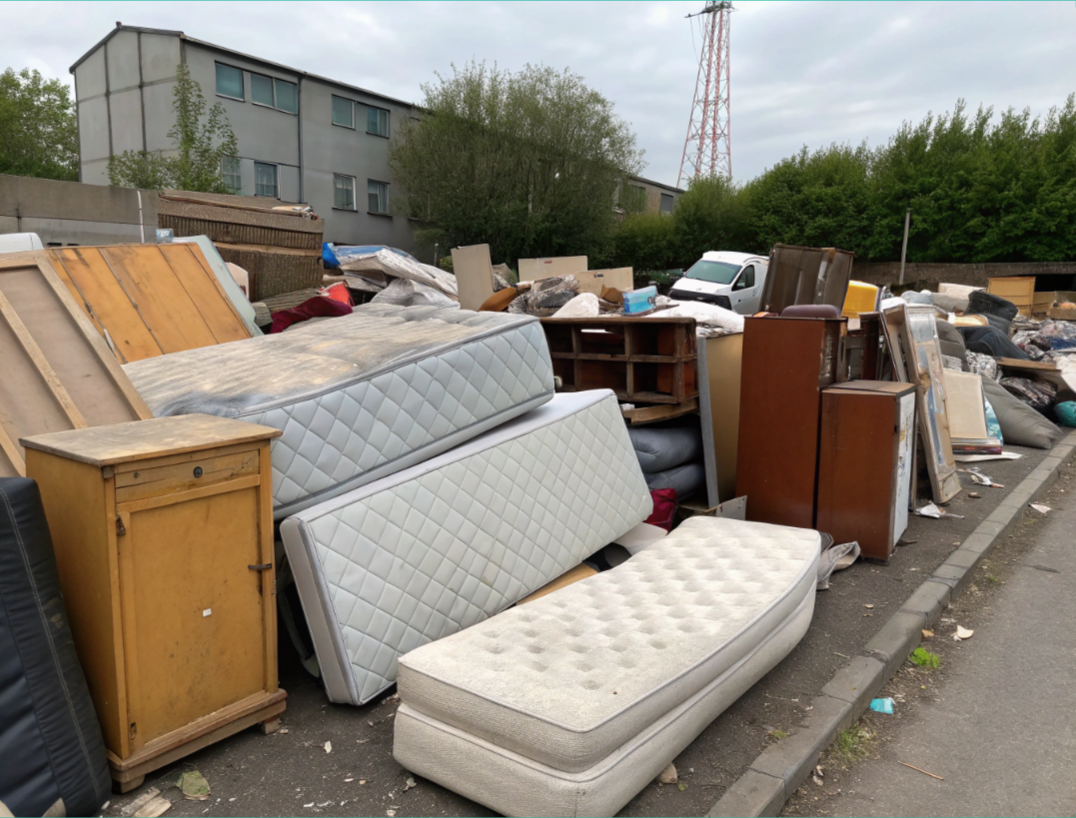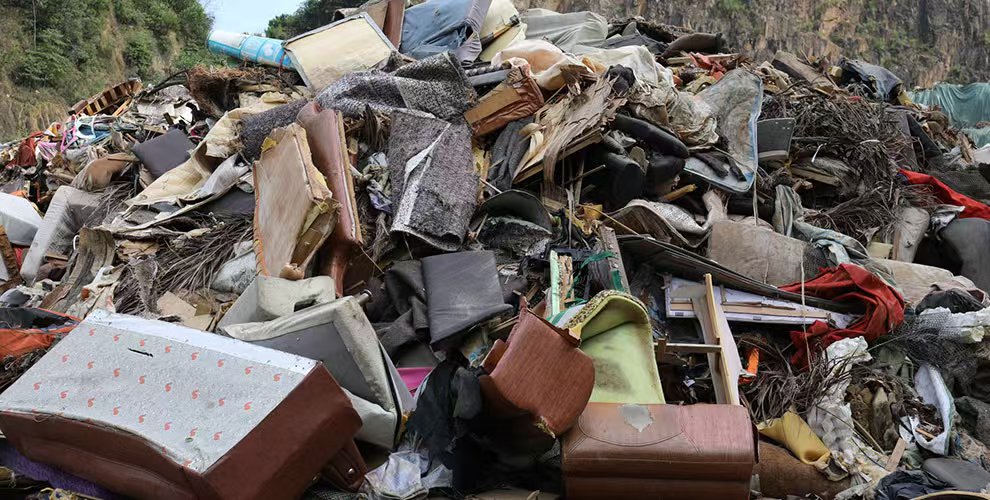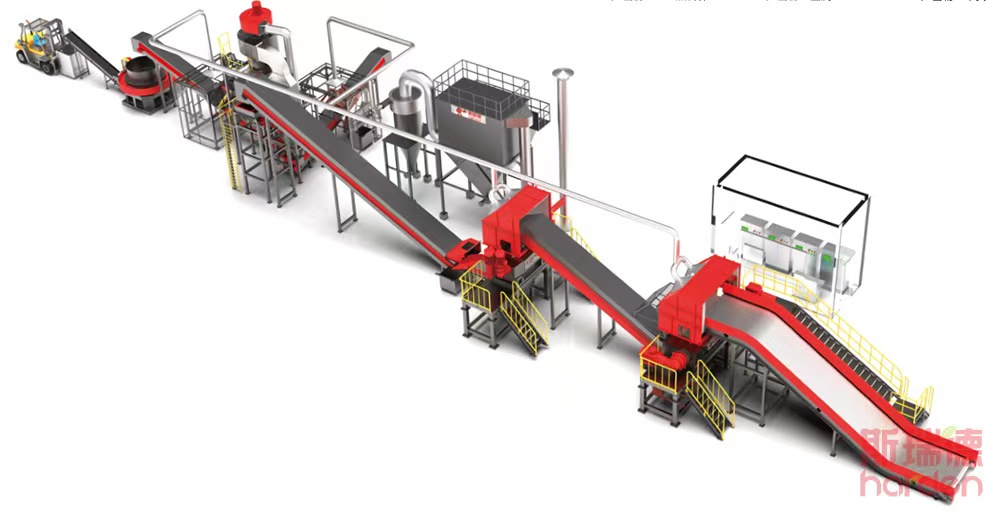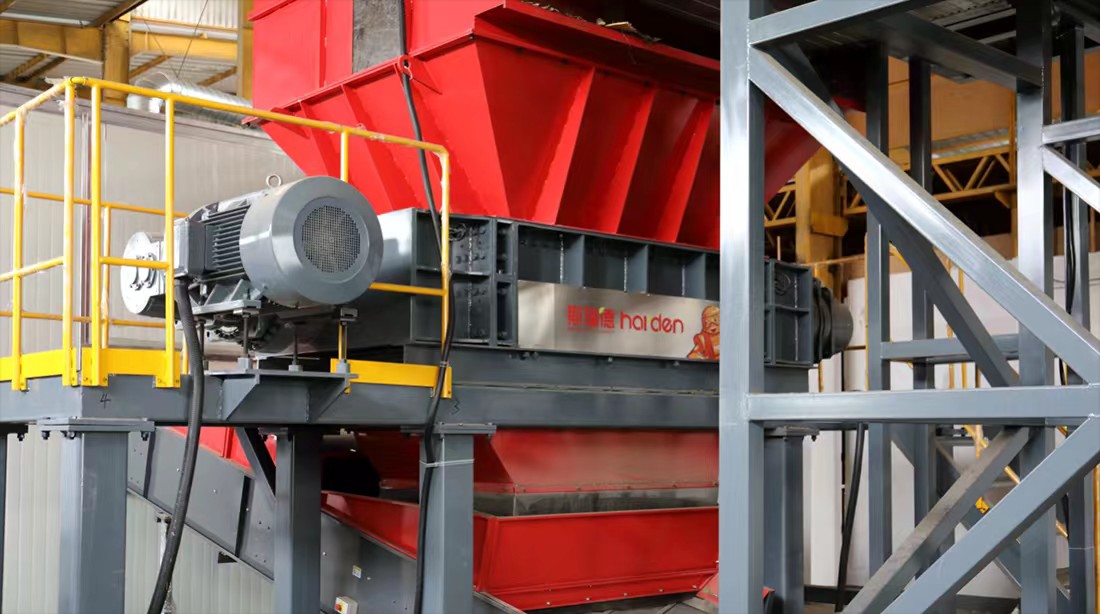 2025-03-06
2025-03-06As living standards rise and consumer habits shift, the world is grappling with a surge in bulky waste. Items like old furniture, appliances, and oversized toys are piling up, and without proper management, they threaten the environment, drain resources, and pose health risks. The costs of recycling—transportation, disassembly, and sorting—combined with weak regulations and illegal dumping, make this a pressing global issue. Public unfamiliarity with disposal options and lax enforcement in some regions only deepen the challenge, pushing industries and governments to seek smarter waste management strategies.

Why Bulky Waste Matters

Regional Challenges in Waste Management
Bulky waste issues differ across the globe. Europe produces about 25 million tonnes yearly, with Germany contributing 2 million tonnes—60% of which is recycled, though high costs and illegal dumping persist. The EU’s Circular Economy Action Plan and Extended Producer Responsibility (EPR) policies aim to hold producers accountable.
In the US, 12 million tonnes are generated annually, with mattresses a key concern; despite programs in states like California recycling 1.5 million units, 80% still ends up in landfills. China’s 100 million tonnes face patchy recycling efforts, while Japan’s 5 million tonnes benefit from strict rules and a 90% recycling rate, though costs spark illegal dumping. In India, 30 million tonnes are often processed informally, fueling pollution and inefficiency.

Paving the Way Forward
Addressing bulky waste calls for a mix of policy, technology, and education. Governments can bolster circular economy efforts with incentives for recycling and reuse, easing landfill pressure. Educating communities about disposal options and expanding access to recycling services can boost participation. Building specialized waste facilities and adopting tools like automated sorting systems can cut costs and improve recovery rates. Global collaboration—sharing innovations and strategies—can further accelerate sustainable progress.
Harden’s Role in Waste Transformation
Harden Machinery Ltd. steps up with advanced solutions for bulky waste processing. Its systems, featuring twin-shaft and primary shredders, streamline volume reduction and material recovery. Harden’s Refuse-Derived Fuel (RDF) and Solid Recovered Fuel (SRF) technologies integrate automated shredding, dust control, air separation, magnetic sorting, and granulation. These processes swiftly convert items like sofas, tables, and mattresses into valuable alternative fuels for power plants and cement kilns, offering an eco-conscious energy option.
 Unlocking Value with Harden’s Systems
Unlocking Value with Harden’s Systems
Harden’s technology goes beyond fuel production. Recovered wood can be turned into fiberboard for construction, while extracted metals are melted down for reuse, cutting reliance on raw materials. The RDF fuel rods match fossil fuel efficiency with lower emissions, aiding the shift to cleaner energy. Unlike traditional methods needing heavy pre-sorting, Harden’s fully automated setup handles large items—chairs, cabinets, mattresses—directly, slashing labor costs. Its precise sorting keeps materials clean and recyclable, boosting profitability for waste facilities.

A Sustainable Future with Harden
Harden’s innovative approach delivers efficiency and sustainability in one package. By reducing disposal expenses, enhancing resource use, and supporting eco-friendly outcomes, it empowers municipalities and industries alike. Ready to rethink bulky waste? Harden’s solutions offer a practical path to a greener tomorrow.













